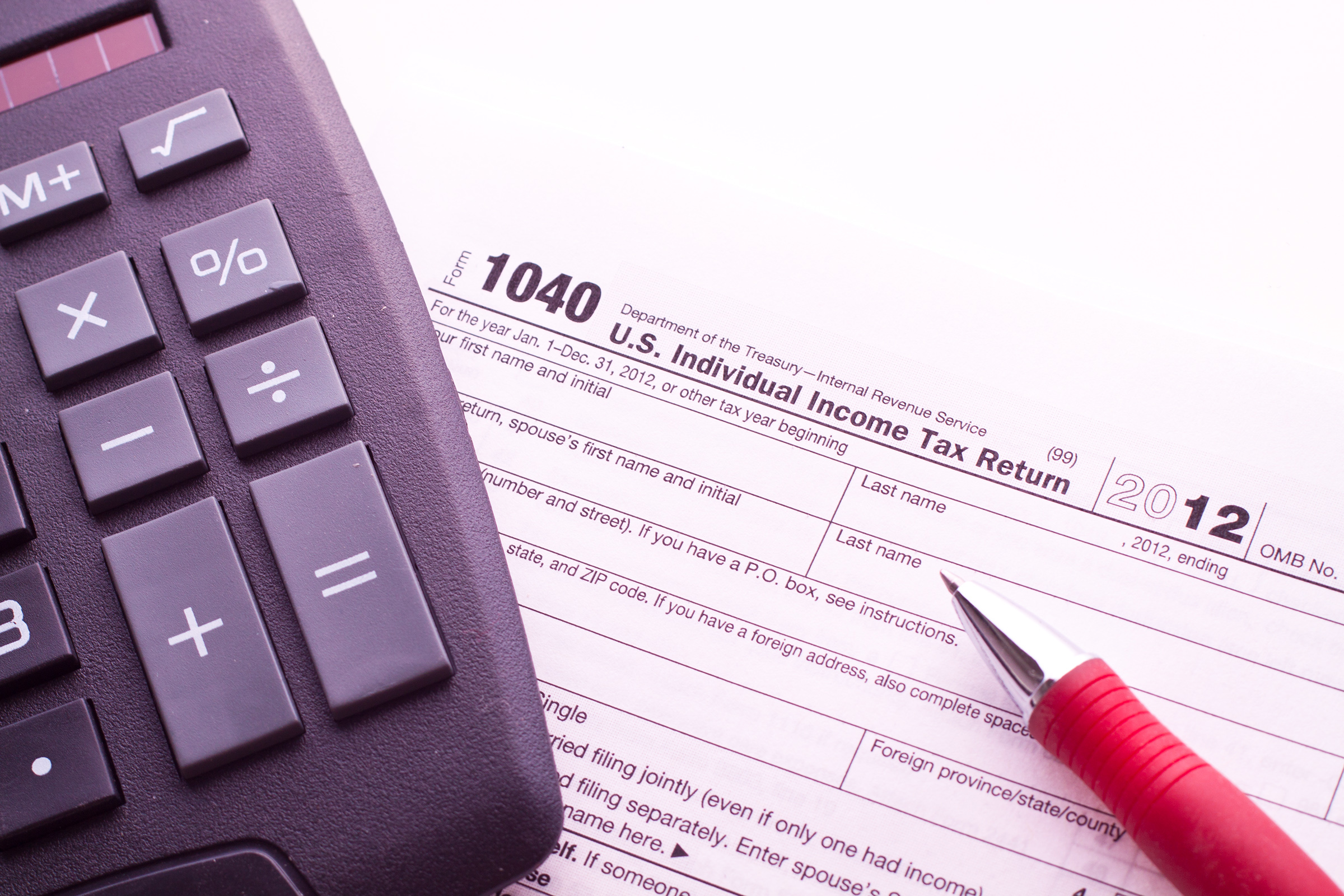Ill-advised calls for more ‘progressive’ tax system

Here we go again.
In a recent survey undertaken by the Equality Trust, 96 per cent of people think the British tax system should be more progressive. Claims are consistently made by so-called activists, think tanks and point-scoring MPs, to suggest Britain’s tax system is unfair, imbalanced, prejudicial…
The Trust states that people in the bottom 10 per cent income bracket pay 43 per cent of their income in tax, and the top 10 per cent pay just 35 per cent, and cite this is a major injustice. They are, perhaps unsurprisingly, therefore calling on the government to pledge a more progressive tax policy from next year.
To my mind, these figures are completely misguided. To state that poorer households pay eight percentage points more in income tax than rich households is not an accurate indication of the tax system. The figures released from the survey take into account the amount of direct and indirect tax that is paid on average by each income bracket on gross income. However gross income includes cash benefits, so in reality, tax on high net worth individuals which is transferred to the poorer income brackets, is seen as gross income for the less wealthy, giving a flawed image of the true situation.
In my view, to say that the rich don’t contribute as much to the country, that the wealthier in our society are ‘takers’, is simply populist nonsense. There are 6,000 high earners in the UK with a salary of over £2m, who collectively pay over £13.2bn in income tax each year, compared to the 12.5m people earning less than £20,000 per annum, collectively paying £11.5bn in income tax. And this is just one example. There are many others.
Not one person surveyed was aware of how much tax the richest and poorest people pay in tax in Britain.
In my opinion, by going ahead with what the think tank suggests, and making the tax system more “progressive”, the country’s finances in the long-term will be put massively at risk. By continually ‘soaking the rich’, those individuals who have the resources to do so will – as economic history teaches us – move to another jurisdiction with lower taxation, meaning the government’s coffers would ultimately bear the brunt.
This point is proven by the Laffer Curve. The theory demonstrates that increasing tax rates beyond a certain point will be counter-productive for raising further tax revenue.
Therefore by reducing taxation, more revenue could be generated. Higher net worth individuals with annual earnings of £150,000 or more contribute 30 per cent of Britain’s income tax. Take this away and state finances will suffer.
Rather than focusing on a supposed marked absence of progressivity in Britain’s tax system, we should be looking at other ways – which are preferably economically sound rather than ideological – to improve the system for all. As history shows, and the wealth tax in France has recently illustrated, demanding more taxes from the richer in society is not the answer.
Nigel Green deVere Group
Blog written 18th June
Ill-advised calls for more ‘progressive’ tax system http://t.co/L4aR4mA5pp via @nigeljgreen
RT @nigeljgreen: Ill-advised calls for more ‘progressive’ tax system http://t.co/L4aR4mA5pp via @nigeljgreen
RT @nigeljgreen: Ill-advised calls for more ‘progressive’ tax system http://t.co/L4aR4mA5pp via @nigeljgreen
RT @nigeljgreen: Ill-advised calls for more ‘progressive’ tax system http://t.co/L4aR4mA5pp via @nigeljgreen